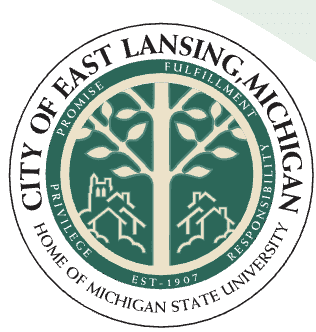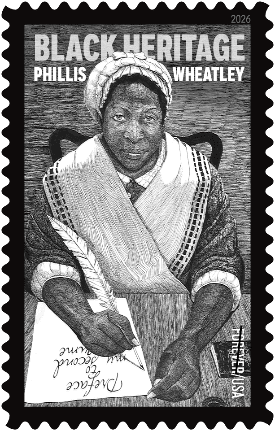By Liz Kudwa
Q: Since the 2008 Presidential election is such a hot topic right now, I started thinking about how candidates get selected. Does the library have any information that can help me understand this better?
A: Yes, there is a great deal of information concerning the particulars of candidate selection. The 2007 World Book Encyclopedia has a very succinct description of electing candidates.
At one time, political parties nominated nearly all candidates at national, state, and local conventions or in closed meetings of party members. These meetings were called caucuses. Today, candidates for most state and local elections are nominated through a direct primary election. This is a contest in which voters choose the candidates who will represent each political party in the upcoming general election. Other candidates may run in the general election where voters make their final choice, but only those that win in the primaries become the official party nominees.
Primaries can be closed or open. In a closed primary, voters must declare a choice of party (Democrat, Republican, Independent, etc…) either when registering to vote or when receiving their ballot. They must then choose from among the candidates on their party’s ballot. In an open primary, voters may cast their ballot for candidates of any party.
Each party (Democrat and Republican) holds a national convention to nominate it’s presidential and vice presidential candidates. Many states hold special primary elections to choose delegates to those conventions. In some states, the ballot lists presidential candidates. In others, it lists proposed delegates who may have promised to support a certain candidate. Voters can support a candidate by voting for that person’s delegates.
The Constitution requires the election of a president and vice president every 4 years. Congressional elections are held every two years in the U.S. At that time, voters elect all the members of the House of Representatives for a 2-year term and about one-third of the Senate members for a 6-year term. State laws regulate all elections, including national and local ones.
If you would like to do some additional reading about this topic, try these books at the Capital Area District Library.
o U.S. Election System, Edited By Paul Mccaffrey
o Are American Elections Fair?, Edited By Stuart A. Kallen
o Voting To Kill: How 9/11 Launched The Era Of Republican Leadership by Jim Geraghty
o Whistling Past Dixie: How Democrats Can Win Without The South by Thomas F. Schaller
o Politics For Dummies by Ann Delaney.
o The New American Story by Bill Bradley
Elizabeth Kudwa is the Head Librarian at the Leslie Library,
201 Pennsylvania Street, Leslie, MI. Contact her at 517-589-9400 or by e-mail at
kudwae@cadl.org.



